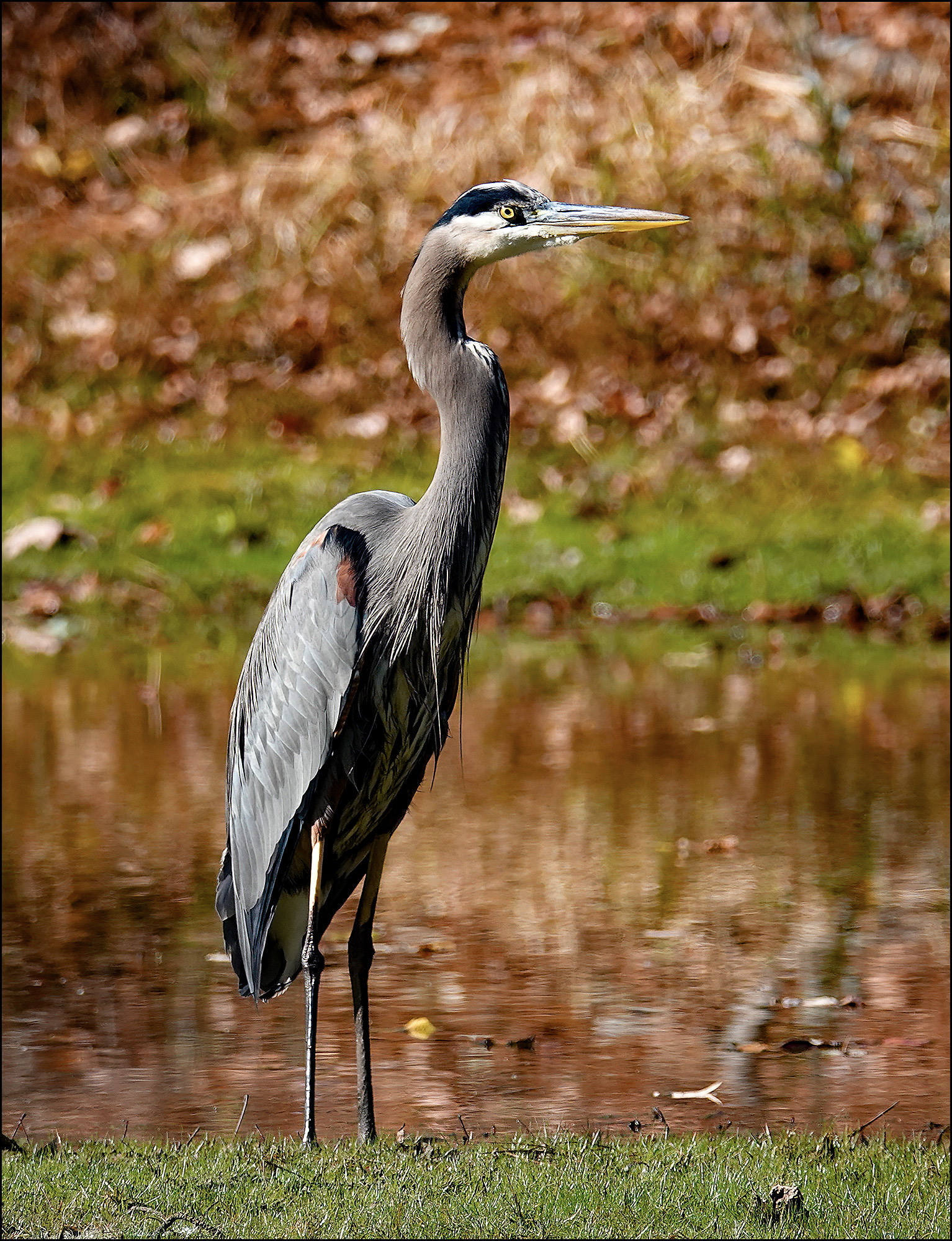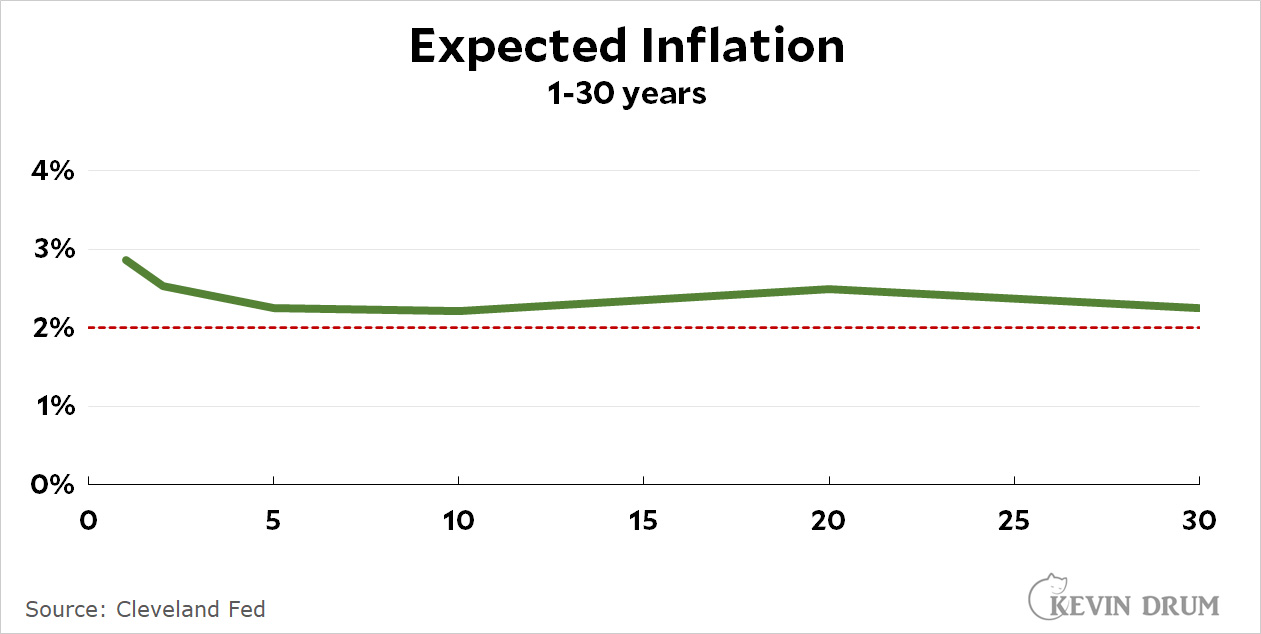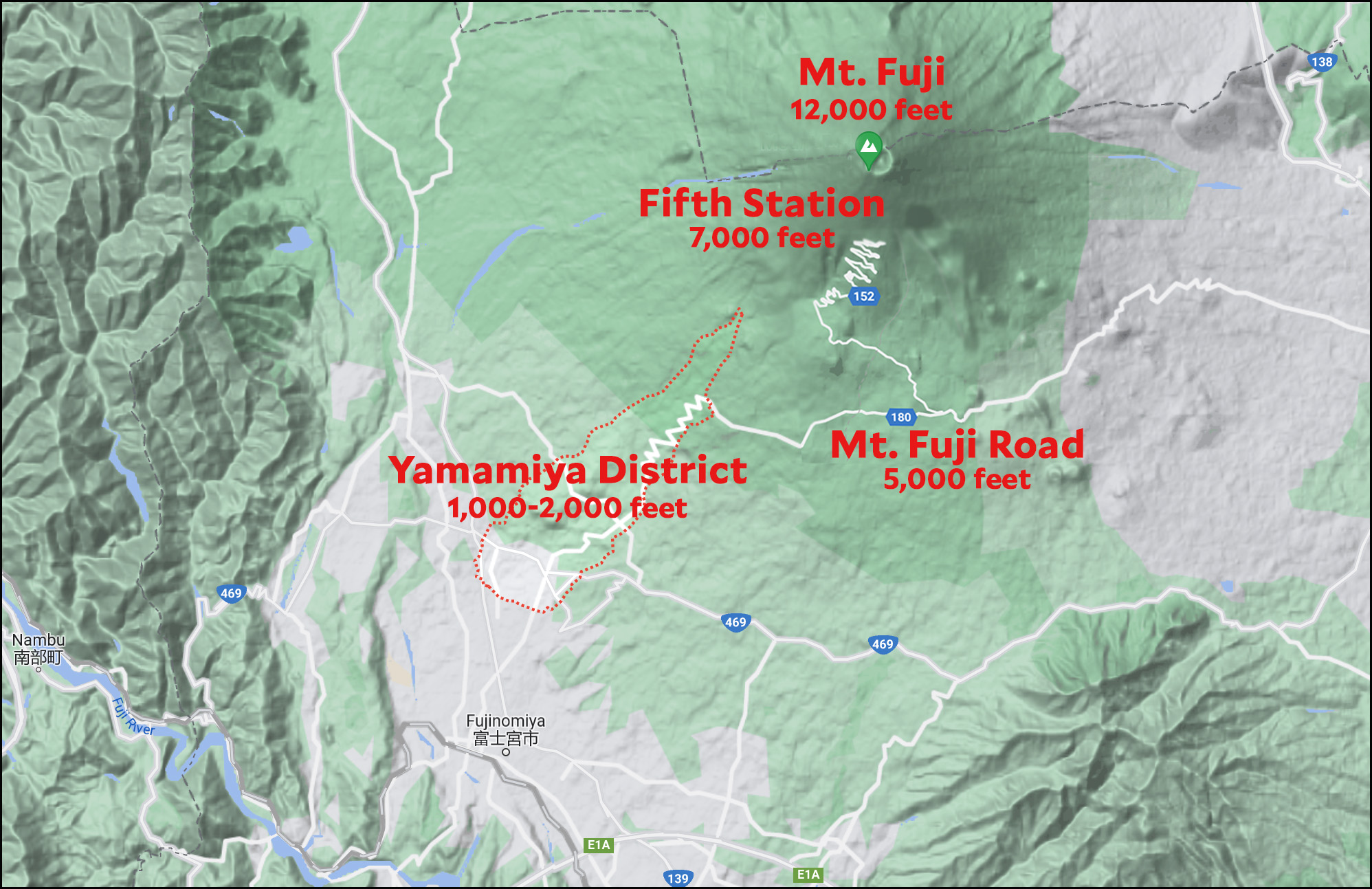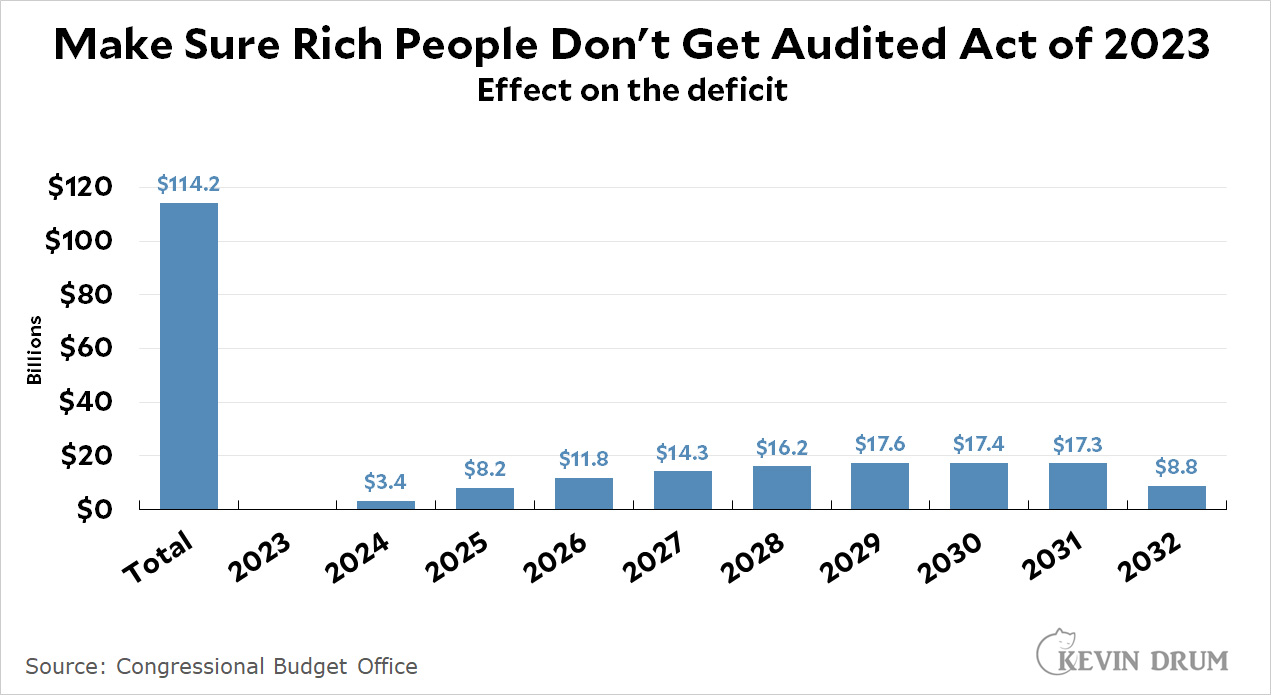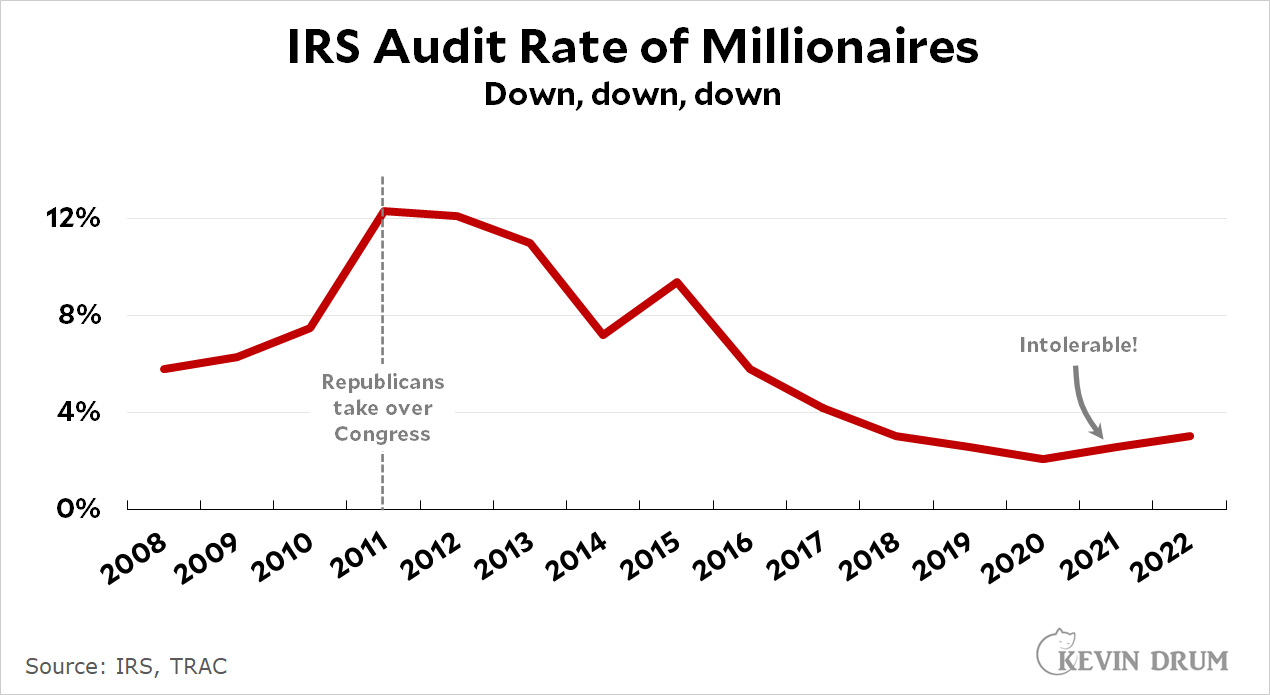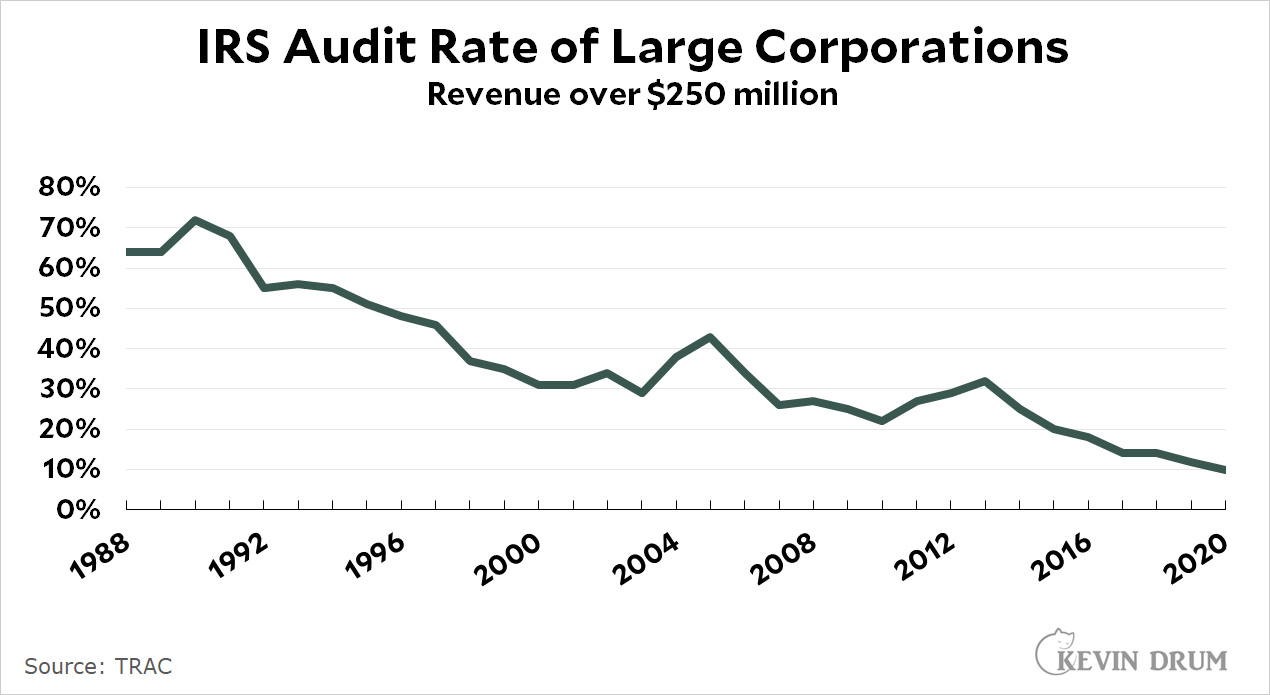Over at National Review, Dan McLaughlin joins the throng of conservatives who are crowing today over a new study that owns the libs big time. Remember all that Russian influence that helped Donald Trump get elected in 2016? Never happened:
Today, however, the Post‘s own cybersecurity columnist Tim Starks offers a reality check: "Russian influence operations on Twitter in the 2016 presidential election reached relatively few users, most of whom were highly partisan Republicans, and the Russian accounts had no measurable impact in changing minds or influencing voter behavior, according to a study out this morning."
....This is common sense. The volume of campaign spending, coverage, and commentary in an American presidential election is colossal, most Americans are accustomed to being exposed to all manner of things that aren’t trustworthy or persuasive, and people are likeliest to fall for misinformation when it simply confirms their preexisting beliefs.
Hmmm. Note that this is solely an investigation of Twitter, not of Russian influence in general, which took many forms.
But let's see what the study says anyway. Here's the first set of charts showing exposure to Russian tweets:
 Thanks to the huge y-axis, Russian exposure looks like it might as well be zero! But let's zoom in:
Thanks to the huge y-axis, Russian exposure looks like it might as well be zero! But let's zoom in:
 The average person was exposed to about five Russian tweets a day in the month before the election, and about 15 tweets on Election Day. Anyone who uses Twitter knows that this isn't trivial regardless of how many other tweets you're looking at.
The average person was exposed to about five Russian tweets a day in the month before the election, and about 15 tweets on Election Day. Anyone who uses Twitter knows that this isn't trivial regardless of how many other tweets you're looking at.
Here's the estimated impact on voting under three different scenarios:
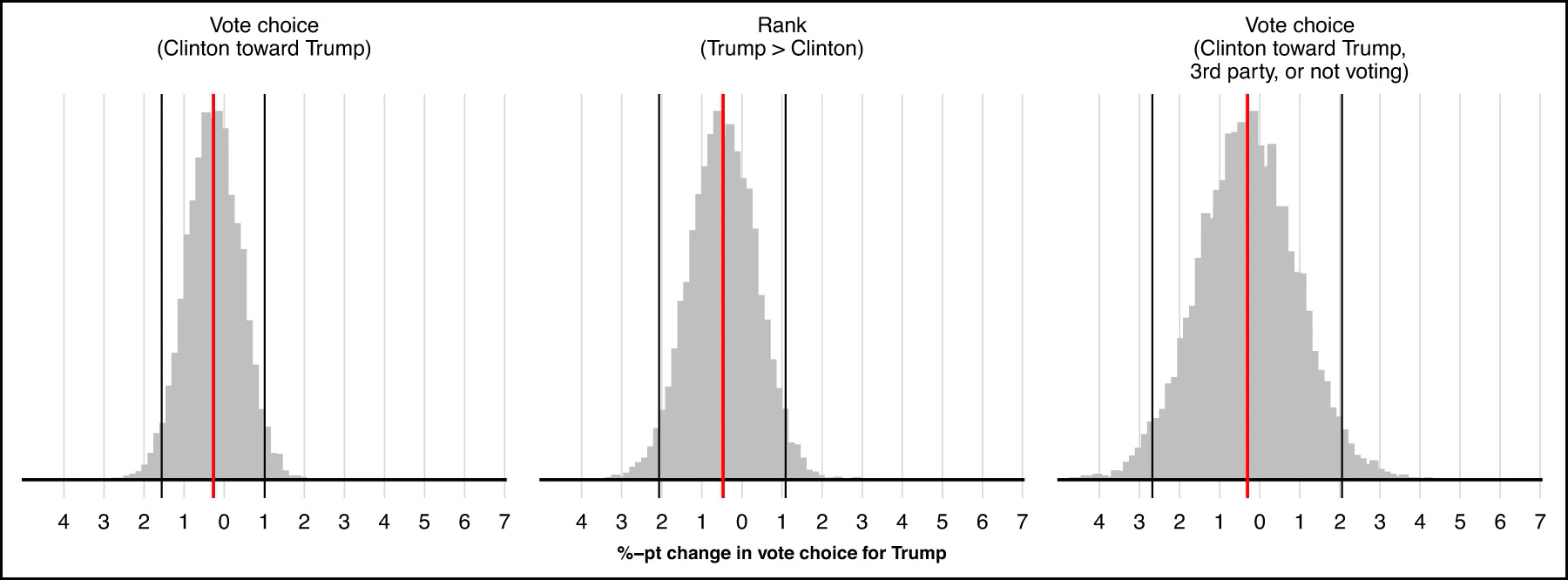 Oddly, these results suggest that exposure to Russian tweets drove people to vote for Hillary Clinton, not Trump. This is doubly odd since the authors also say that virtually all of the Russian tweets were directed at conservatives. But what kind of propaganda campaign manages to produce negative results even after successfully targeting the most receptive possible voters?
Oddly, these results suggest that exposure to Russian tweets drove people to vote for Hillary Clinton, not Trump. This is doubly odd since the authors also say that virtually all of the Russian tweets were directed at conservatives. But what kind of propaganda campaign manages to produce negative results even after successfully targeting the most receptive possible voters?
To summarize:
- This is a study solely of Twitter.
- It demonstrates that Twitter users were exposed to a meaningful number of Russian tweets.
- But the alleged effect of the tweets makes no sense. This ought to raise some skepticism about the methodology of the study.
I'm not aware of anyone who ever thought that the Russian Twitter campaign had a large effect all by itself, so this study doesn't really produce any unexpected results. It does show that the Russians were serious about trying to interfere with the election, but that's about all it possibly could have done. At the very least, you'd need to study the entire Russian hacking and disinformation campaign to produce any kind of evidence about how well it worked.¹
In other words, there's not much here.
¹For the record, my own view is that the effect was small even if you account for every single thing the Russians did. I would be surprised if it affected the vote by more than 1%.
